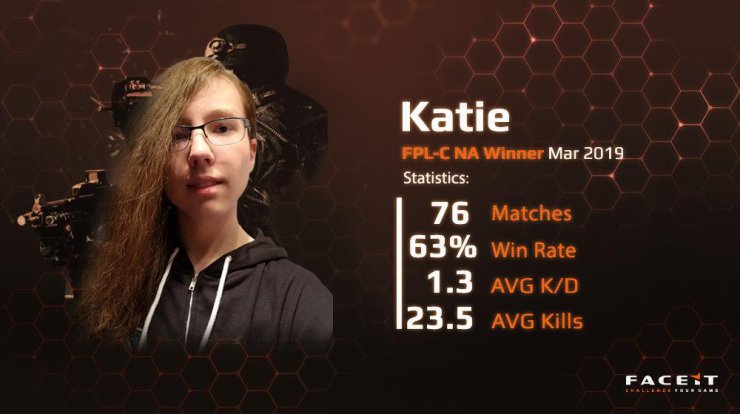DreamHack returns with an all-female CS:GO tournament this summer and fall, offering a total of $100,000 in winnings across the NA and EU regions.
The DreamHack Showdown aims to elevate female CS:GO players and provide them with a platform dedicated to supporting their professional growth. Its goals are to make women who are currently in the competitive gaming space more visible, provide them with equal access to competitive support, and empower female gamers overall in their path to going pro.
The summer tournament will run for three days from July 17-19 in Europe, and July 24-26 in North America. Each region will compete for a $25,000 prize pool, which is going to be offered again in the fall. Two teams will be invited from each region while four other teams will come from the Open Qualifiers. The teams that are invited directly will be seeded into the second round of the upper bracket. Meanwhile, the remaining four teams will compete against each other in the first round.
While the first DreamHack Showdown was a success, some may argue that there doesn't need to be a female-exclusive tournament for gaming. Gaming is a relatively level playing field, after all, so it doesn't necessarily warrant gendered divisions like physical sports do.
However, gaming as a whole has been male-dominated for decades. Women in the gaming community frequently experience harassment and discrimination as a result, regardless of their skills. This can discourage women from pursuing gaming as a profession, and it can make those who enter it feel threatened due to the hostile environment.
One of the most infamous cases of discrimination against women in esports was when Kaitlin "Katie" Boop became the first female CS:GO player to compete in the MDL. Despite the clear skill she displayed, members of the CS:GO community focused more on her gender identity, and brought it upon themselves to search through her online history. After going through some of her old tweets, they found that she had transitioned from male to female in her teens.
This, of course, served as grounds for the CS:GO community to mock female players. They claimed that the only reason Katie was able to compete on the professional level was because she was "actually a man." Many cited scientifically disproven links between sex and reaction times, along with childhood exposure to video games, as other reasons why Katie was the only female able to compete professionally. Otherwise, the community made it clear that women were not welcome to "play with the boys."
It's because of instances like Katie's that DreamHack hosts all-female tournaments. Having a platform that caters directly to female gamers seeking to go pro can help normalize their presence in the space by making them more visible. If female gamers can earn the same respect as their male counterparts through platforms like DreamHack, the future of esports may become more gender-integrated.


